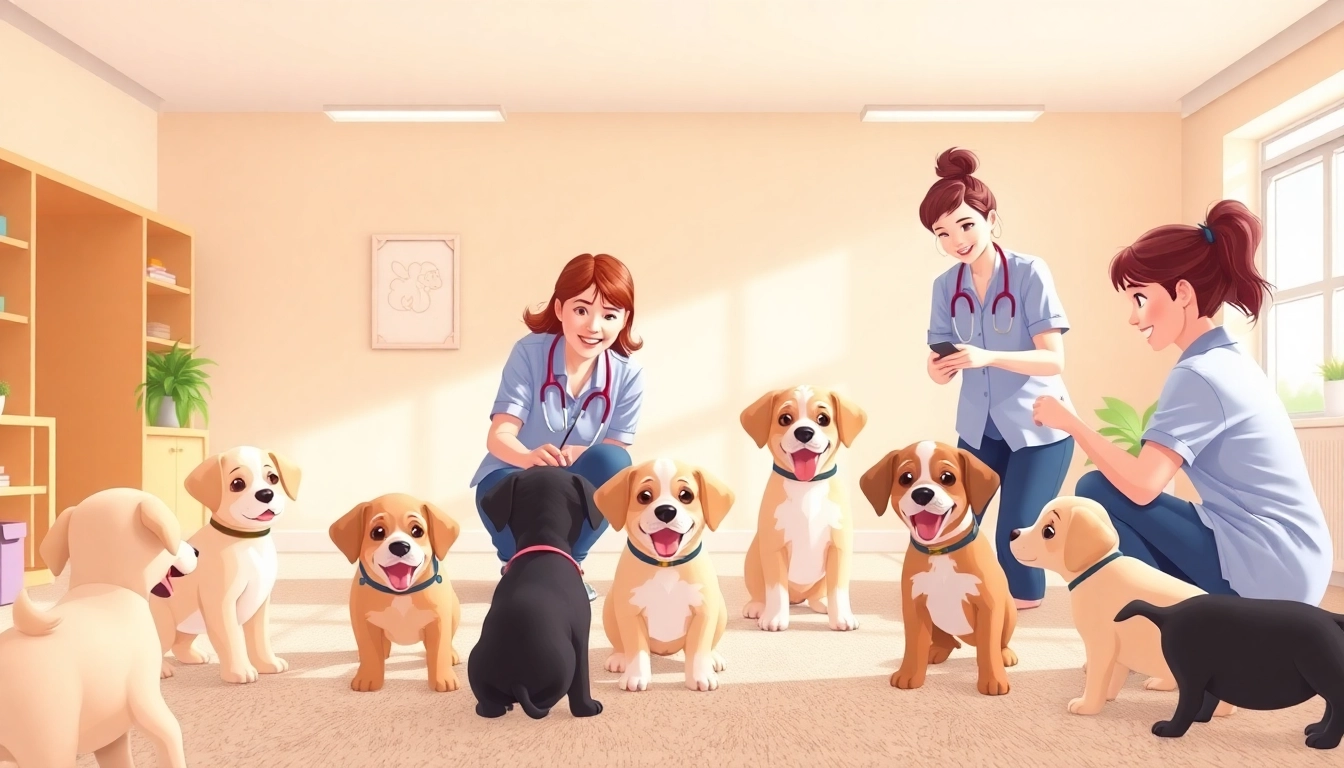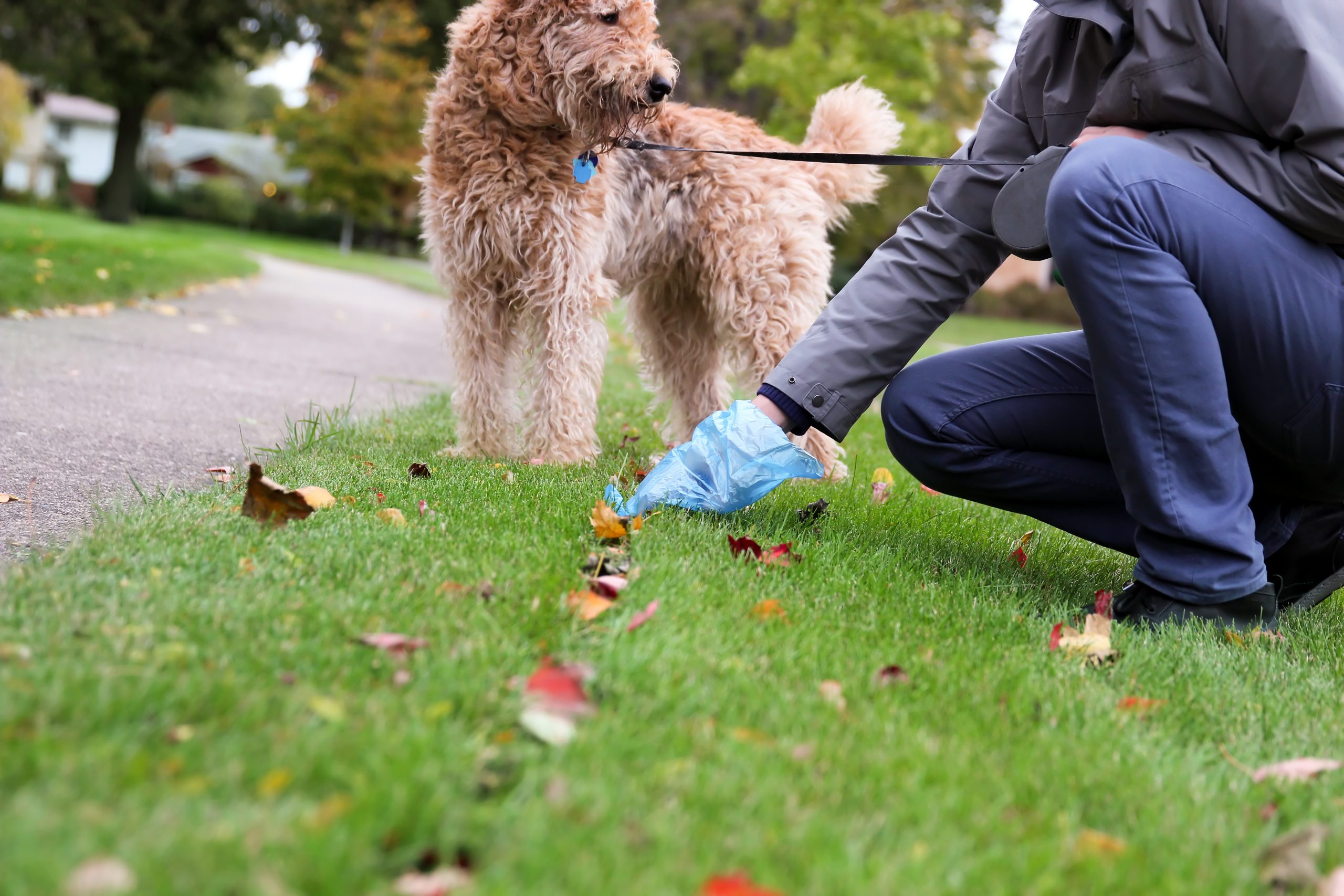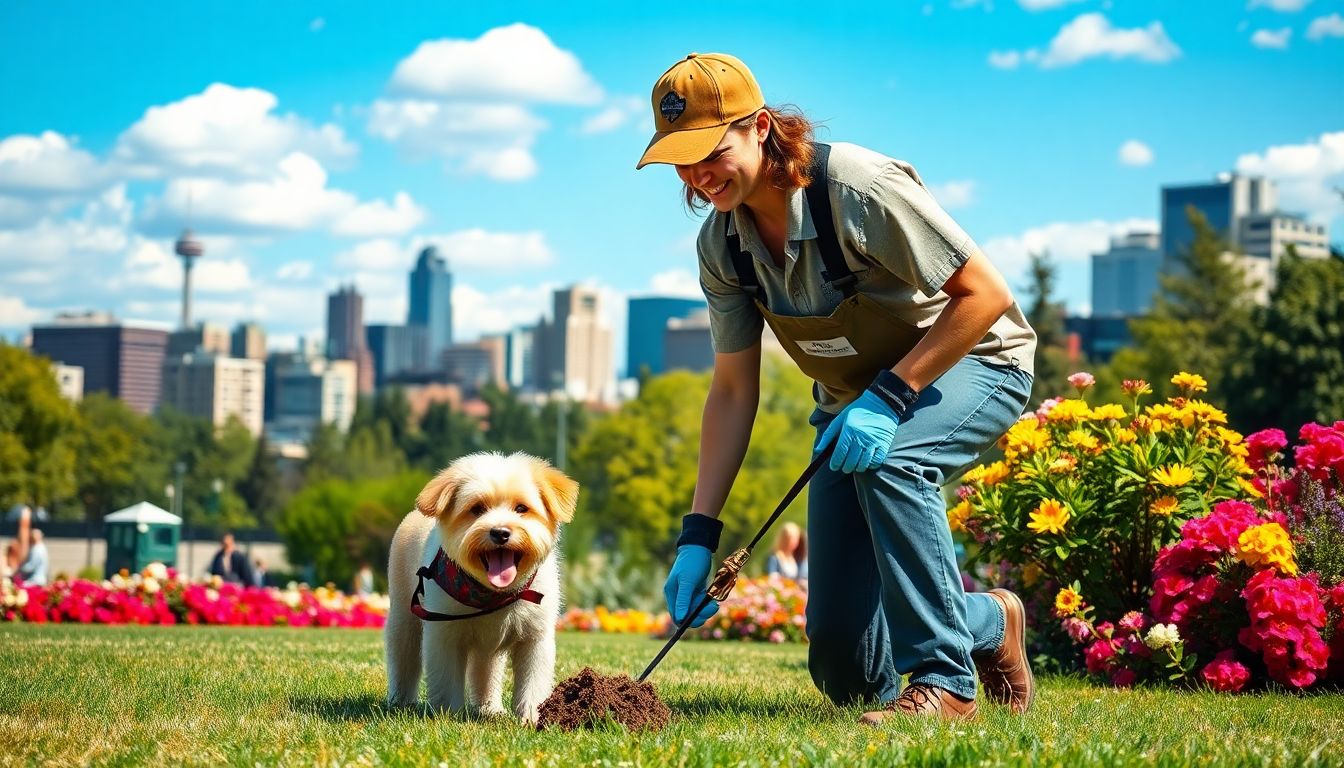Understanding the Basics of Puppy Training in Houston
Training a puppy is a vital part of responsible pet ownership, especially in a vibrant city like Houston where various lifestyle challenges can arise. Whether you’re a new puppy parent or a seasoned dog owner, understanding the fundamentals of puppy training can pave the way to a harmonious relationship with your furry friend. This article delves into the key aspects of puppy training Houston, helping you navigate the complexities of getting your puppy started on the right paw.
The Importance of Early Training
Starting puppy training early is crucial for several reasons. First, younger puppies (ideally between 7-16 weeks) are like sponges—this is the time when they are most receptive to learning new commands and behaviors. Early socialization with other dogs, people, and different environments will help build their confidence and reduce fear-related behaviors later in life.
Additionally, many behavioral issues stemming from a lack of proper training can often be avoided entirely if training begins at an early age. For instance, habits such as excessive barking, biting, and chewing can be diminished with proper guidance and consistent reinforcement.
Selecting the Right Training Method
When it comes to training methods, the choices can range from positive reinforcement to traditional correction techniques. Positive reinforcement, which involves rewarding desired behaviors, has been proven to foster a strong bond between pet and owner and results in a more willing participant in training. In contrast, traditional methods may emphasize obedience through corrections, but they can sometimes lead to fear and anxiety in dogs.
In Houston, many trainers advocate for positive reinforcement due to its effectiveness in creating a confident and well-mannered dog. It’s essential to evaluate your puppy’s personality when choosing the right training method. Consulting with a trained professional can provide tailored recommendations based on your puppy’s temperament and learning style.
Common Training Goals for Puppies
The goals of puppy training can vary widely depending on the individual needs of the dog and owner. However, some common objectives include:
- Basic Commands: Sit, stay, come, down, and heel are fundamental commands that every puppy should learn for safety and obedience.
- Socialization: Ensuring that your puppy is comfortable around other dogs and people is crucial for their development.
- Potty Training: Teaching your puppy where and when to eliminate to prevent accidents indoors.
- Leash Training: Getting your puppy accustomed to walking on a leash without pulling.
Choosing the Best Puppy Training Classes in Houston
Puppy training classes are an excellent option for socialization and learning. Houston has many options to choose from; understanding what each offers can help you find the right fit for your puppy.
Types of Classes Available
There are several types of puppy training classes available in Houston, including:
- Group Classes: These classes typically comprise several puppies or dogs and focus on socialization and basic commands. Group classes allow puppies to interact with one another while learning alongside their peers.
- Private Lessons: Tailored to meet the specific needs of you and your puppy, private lessons can be particularly beneficial if your dog is exhibiting behavioral issues that require more focused attention.
- Online Classes: For those who prefer the convenience of home or have busy schedules, many trainers offer online courses that can cover foundational skills at your pace.
Evaluating Trainers and Facilities
Choosing the right trainer can significantly impact your puppy’s training experience. Here are some tips for evaluating trainers in Houston:
- Check their credentials: Look for trainers who are certified or have extensive experience in dog training.
- Ask about training methods: Ensure they employ humane and positive training techniques.
- Read testimonials: Check online reviews or testimonials from previous clients to gauge their effectiveness and rapport with dogs.
What to Expect from Group vs. Private Sessions
Group classes offer the benefit of socialization and exposure to distractions, which can be invaluable for puppy learning. However, one-on-one sessions allow for tailored instruction and often quicker progress, especially if your dog has specific behavioral challenges. Expect group classes to have a more structured environment with multiple distractions, while private lessons provide a controlled setting to focus on individual training challenges.
Essential Commands Every Puppy Should Learn
Training your puppy in basic commands is fundamental to their development. These commands lay the foundation for good behavior and promote a harmonious relationship with your pet.
Basic Obedience Commands
The foundation of puppy training includes several essential commands:
- Come: This is critical for safety, teaching your puppy to return to you when called.
- Stay: A command that prevents your puppy from moving, useful in various situations to maintain control.
- Leave It: This command teaches your puppy to ignore certain things, which can protect them from harmful substances or objects.
- Heel: This command helps your puppy walk nicely next to you without pulling.
Socialization Techniques for Puppies
Socialization is one of the most critical aspects of puppy training. Early exposure to diverse people, animals, and environments helps build a well-rounded dog. Techniques for effective socialization include:
- Organized playdates with other vaccinated dogs.
- Visits to puppy classes to promote positive interactions.
- Outings to various public spaces like parks or shops, where your puppy can experience new sights and sounds.
Advanced Skills for Well-Trained Dogs
Once your puppy has mastered the basics, you can introduce more advanced commands and skills. These may include:
- Fetch: Teaching your dog to retrieve items can enhance their physical activity and serve as a fun game.
- Roll Over: A fun trick that can engage your dog mentally and physically.
- Agility Training: Introducing your dog to agility courses can be both stimulating and enjoyable.
Addressing Common Puppy Behavior Issues
Puppies are prone to certain behaviors that can be troublesome if not addressed early. Understanding these behavior issues and knowing how to tackle them is essential for every puppy owner.
Dealing with Chewing and Biting
Chewing is a natural behavior for puppies, especially during teething. However, it becomes an issue when they chew on inappropriate items. To manage this:
- Provide appropriate chew toys that are safe and engaging for your puppy.
- Redirect their attention whenever they start chewing on furniture or personal items.
- Praise your puppy whenever they choose their toys over household items.
Housebreaking Techniques for New Puppies
Housebreaking is often one of the first challenges new puppy owners face. Effective techniques include:
- Consistent feeding schedules will aid in regular bathroom habits.
- Take your puppy out to the same spot frequently to encourage them to associate that area with elimination.
- Reward praise and treats each time they eliminate outside, reinforcing positive behavior.
Managing Barking and Aggression
Barking and aggression can be concerning behaviors that need addressing early on. Consider these strategies:
- Identify triggers that cause excessive barking, such as strangers or other animals, and work on modifying that behavior using desensitization techniques.
- Teach your puppy commands like “quiet” for barking and ensure they receive socialization to reduce aggression towards unfamiliar dogs or people.
Measuring Success in Puppy Training
Tracking your puppy’s progress in training is essential for understanding their development and for making necessary adjustments to your training methods.
Setting Realistic Training Goals and Milestones
Setting achievable goals allows you to maintain motivation and measure progress effectively. Break down training objectives into manageable milestones, such as:
- Successfully teaching one basic command each week.
- Achieving consistent potty training success over a defined period.
- Gradual increases in socialization exposure over time.
Tracking Progress and Adjusting Techniques
Keeping a training journal can be a helpful method for tracking your puppy’s progress. Note their achievements, setbacks, and any changes in behavior. If progress stalls, revisit training techniques and seek guidance from a professional trainer if necessary.
Long-term Benefits of Effective Training
The benefits of effective puppy training extend far beyond the initial learning stage. Trained puppies generally grow into well-mannered adult dogs who can be safely integrated into various social settings. Additionally, a well-trained dog is less likely to exhibit behavioral issues later in life, allowing for a richer companionship with your pet.



